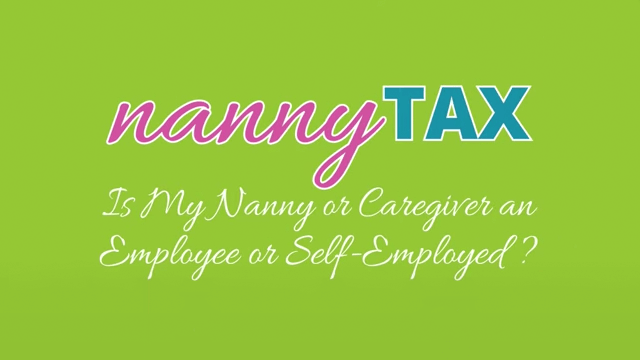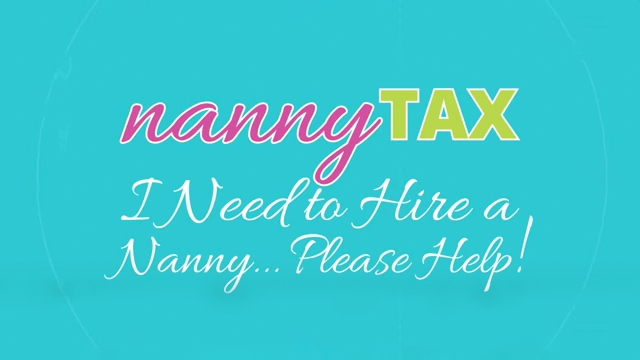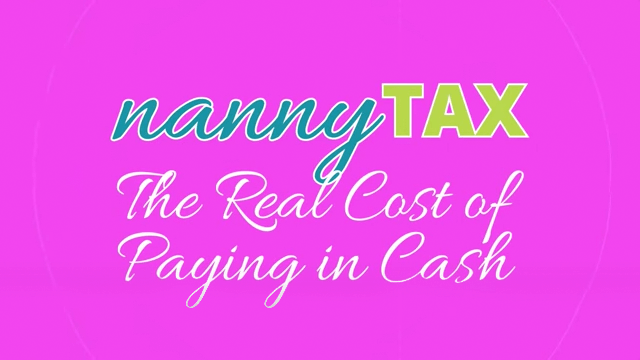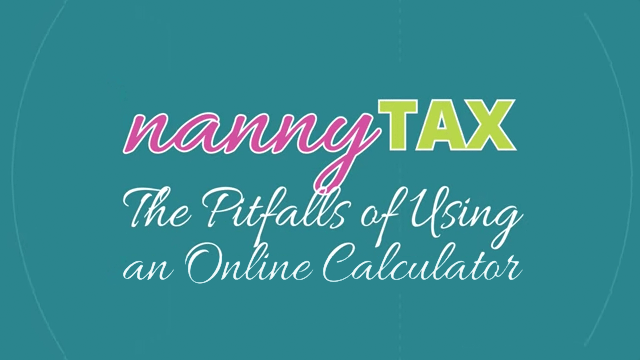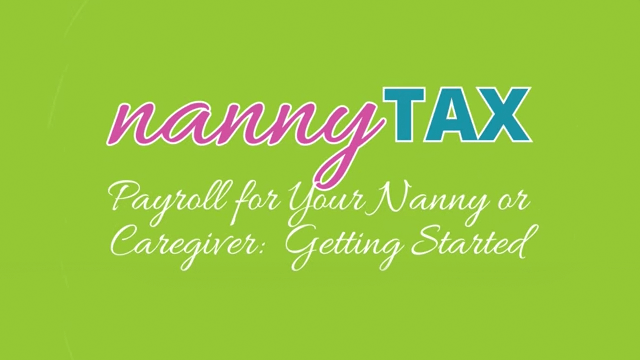
When Your Elder with Alzheimer’s No Longer Recognizes You
One of the most difficult situations that can come along with Alzheimer’s is your loved one no longer recognizing you. Thankfully, this doesn’t happen in the early stages of the disorder. According to Newsmax Health, over time this form of dementia “leads to visual perception problems specifically with faces.”
They still love you, even if they don’t recognize your face.
This does not mean that your elder no longer knows who you are, but that their ability to recognize faces isn’t working the way it should. You are likely still very dear to the person; you just now have an unfamiliar face. This can cause horrible heartache for you, but typically it’s not affecting them the way it is you.
They may know who you are, they just can’t verbally express it.
There’s also the chance that they still know who you are, they just can’t verbally express themselves the way they use to. Forming verbal thoughts and words can also be stolen by Alzheimer’s. Their mind may know you, but getting the right words out may be the problem.
Keep interacting with them.
Just because they can’t recognize you anymore doesn’t mean that you have to stop caring for them or stop visiting them if they live outside your home. Don’t let your heartbreak keep you from your loved one. Even if they don’t recognize you, they may still remember how often you are visiting or the activities that you do together. They will still enjoy the visits, and it may give you comfort to know that despite the hard situation your company still makes them happy.
If they can’t speak, look for and give non-verbal cues.
Even if they don’t have the words, or you can’t seem to find yours, a lot can be said without speaking. The power of touch is strong. Try holding their hand or giving them a hand massage. Don’t be shy about telling them about your day, how the kids are doing, or talking about upcoming events. They may be soaking it all in, just unable to express themselves.
Caring for a loved one with Alzheimer’s or dementia isn’t easy. If you decide that you need an extra set of helping hands, know exactly what kind of help/care you need before interviewing prospective caregivers. Check out our post Assess Your Elder’s Needs Before Hiring a Caregiver for help.
When you’ve found the right match for your family, we can help you get started setting them up on payroll. Don’t be intimidated by the math or the CRA, we have you covered! Visit us at NannyTax.ca to learn more, and for a free trial.






